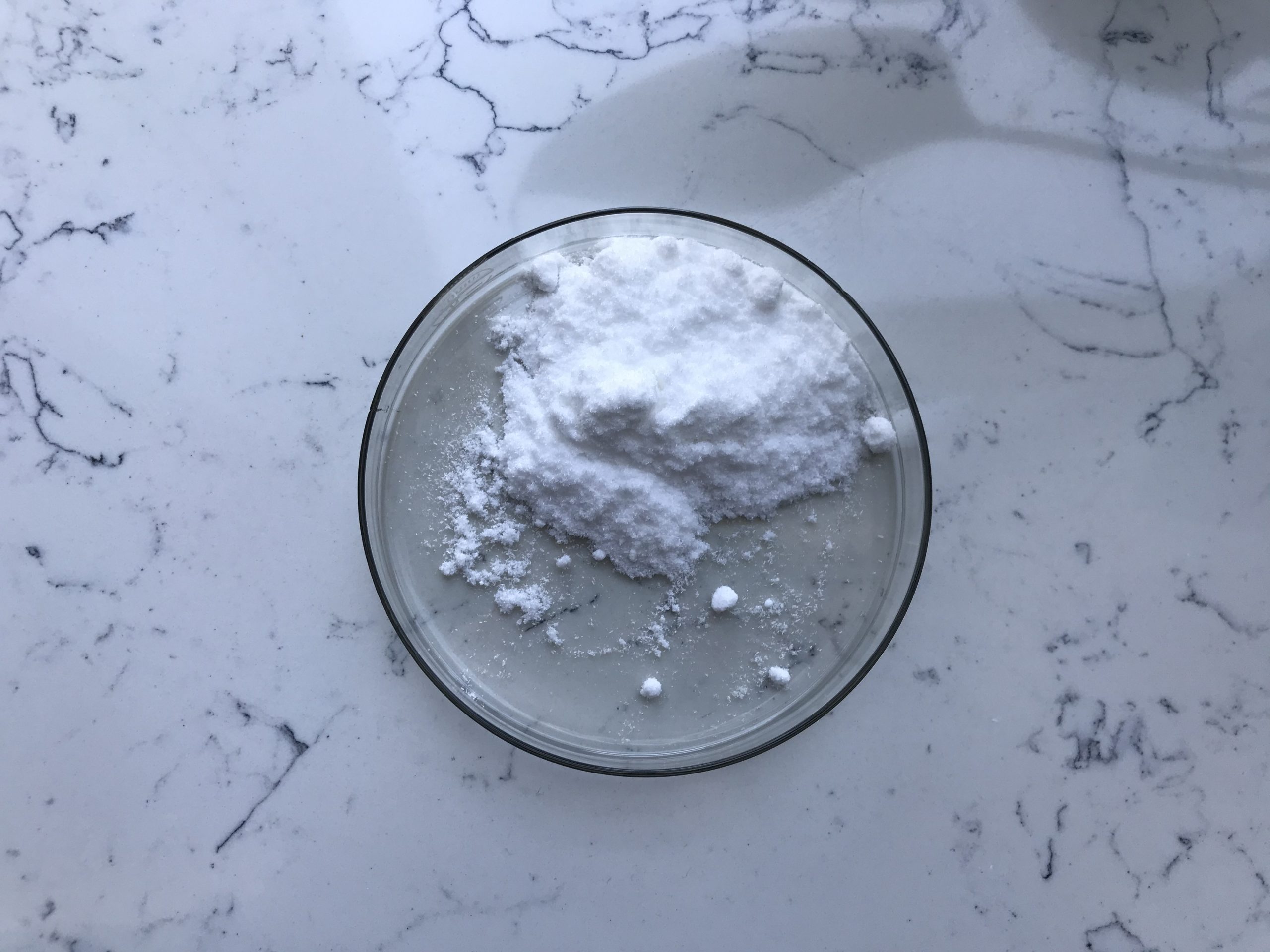A comprehensive study of nicotinamide involves examining various aspects of this compound, including its chemical properties, biological functions, health benefits, side effects, and therapeutic applications. Nicotinamide, also known as niacinamide or vitamin B3, is an essential nutrient that plays a crucial role in various physiological processes.
Comprehensive study of Nicotinamide
1.Chemical Properties:
- Nicotinamide is an amide form of niacin (vitamin B3) and is a water-soluble, white, crystalline compound.
- Its chemical formula is C6H6N2O, and it has a molecular weight of 122.12 g/mol.
- Nicotinamide is heat-stable and can withstand cooking and food processing.

2.Biological Functions:
- Nicotinamide is a precursor of nicotinamide adenine dinucleotide (NAD+) and nicotinamide adenine dinucleotide phosphate (NADP+), coenzymes involved in various metabolic reactions.
- NAD+ and NADP+ play crucial roles in cellular energy production, DNA repair, and redox reactions.
- Nicotinamide is essential for maintaining the function of the nervous system, skin, and digestive system.
3.Dietary Sources:
- Nicotinamide can be obtained from a variety of dietary sources, including meat, fish, poultry, dairy products, nuts, and legumes.
- It can also be synthesized in the body from tryptophan, another essential amino acid.
4.Health Benefits:
- Nicotinamide supplementation or dietary intake may help prevent or treat conditions such as pellagra (niacin deficiency), atherosclerosis, and certain skin conditions like acne and rosacea.
- Emerging research suggests that nicotinamide may have neuroprotective properties and potential benefits in managing conditions like Alzheimer’s disease.
5.Therapeutic Applications:
- Nicotinamide is used as a treatment for niacin deficiency and pellagra.
- It is also used in skincare products for its potential to improve skin health and reduce inflammation.
6.Safety and Side Effects:
- Nicotinamide is generally considered safe when used as directed and at recommended doses.
- High doses may cause flushing, itching, and gastrointestinal upset.
- It is important to consult with a healthcare provider before taking high-dose nicotinamide supplements.
7.Research and Future Directions:
- Ongoing research is exploring the potential therapeutic applications of nicotinamide in various health conditions, including cancer, diabetes, and neurodegenerative diseases.
- Understanding the mechanisms by which nicotinamide influences cellular processes is an active area of scientific investigation.
In summary, a comprehensive study of nicotinamide involves examining its chemical properties, biological functions, dietary sources, health benefits, therapeutic applications, safety profile, and ongoing research. Nicotinamide is a vital nutrient with diverse roles in maintaining overall health, and its potential benefits continue to be explored by the scientific community.
